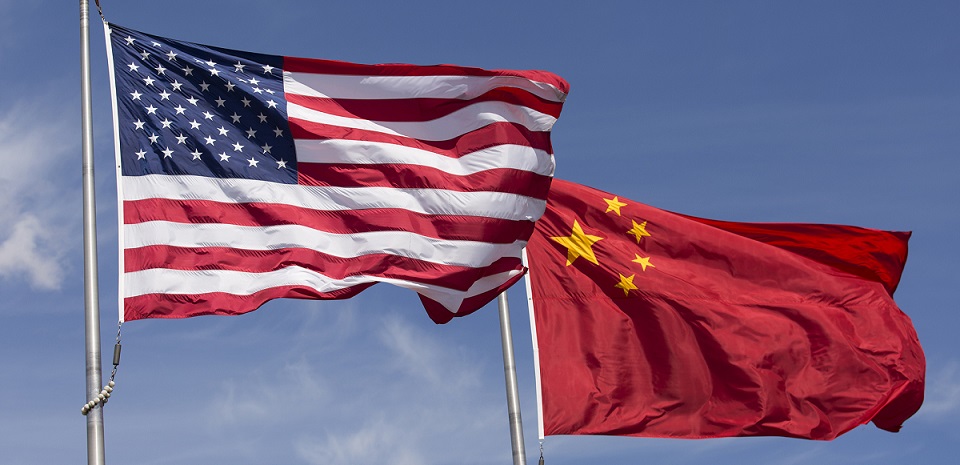President Trump has called for a $1 trillion investment in the infrastructure of the United States that focuses on repairing roads, bridges, and airports and aims to put over one million Americans to work. As this plan continues to develop, it will be interesting to see if any word is mentioned of a second infrastructure investment; not in America, but in Africa. Considering Trump’s “America First” motto, it may seem preposterous to many that Trump would find any interest at all in Africa. However, taking an economic interest in Africa would involve three of the top words Trump has spoken over and over again during the last two years–deals, jobs, and China.

Trumping China’s Investment in Africa
By and large, the most prevalent foreign country involved in the development of Africa is China. As Grant Harris, CEO of Harris Africa Partners LLC, addressed in his article By Ignoring Africa, US Cedes Jobs To China, the foreign direct investment (FDI) projects that China is funding in Africa more than doubled in 2016. The amount of involvement that China currently has in Africa is staggering compared to that of the United States considering that the total value of Chinese projects is ten times greater than those of the United States. For this reason, China seeks to capitalize on the revenue generated from these projects to the tune of $50 billion per year. This revenue flow should be enough to catch the attention of President Trump due to the sheer amount of jobs being created from it for the Chinese. Instead of remaining on the sidelines, the United States must take an interest in the development of Africa and strike a better deal with African countries than they are currently getting from China. This partnership created between the United States and African countries would result in more jobs for both, which is unfortunately not the case for the Chinese-backed projects.
If President Trump is strategic about his involvement in Africa and structures a deal that is a win-win for both parties, the United States will have a chance to become the preferred trading partner of every African country. There is historical evidence from the rise of Asian Tiger economies and China to support the assertion that more direct U.S. business involvement in Africa will benefit African countries. China’s primary motivation for its investments and loans to African countries is political influence but underlying it is creating jobs for Chinese workers. For these projects, they bring their own material and their own labor force resulting in lackluster job growth for African economies. On the contrary, if the United States were to formulate a strategy that is inclusive of local workers, similar to that outlined in African Trade Group’s infrastructure project, the U.S. stands to create a strong, mutually beneficial relationship with each country involved. African Trade Group, a U.S. based company, trumpets the idea that a project of is magnitude and design, which seeks to develop a major highway system connecting the entire African continent, would be a win for the United States because of the amount of revenue generated for U.S. businesses whose machinery, materials, and expertise would be required and would be a win for the African countries involved in the project because a minimum of 50% of the labor jobs would be filled by natives as well as incorporating local contractors to oversee the work. This project which is estimated at a $250 billion dollar investment would give the United States a notable presence in Africa and be the cornerstone for business and trade agreements with African countries that are set to swell if the Trump administration can get this underway.

